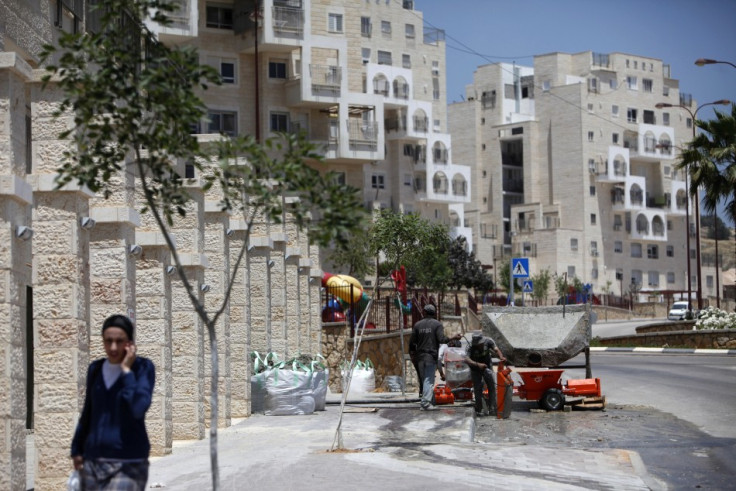Israel: Netanyahu’s Approval of New Settlements Shows Peace is Unlikely to Come from Negotiation Alone

While Israeli prime Minister Benjamin Netanyahu has called for a return to negotiation to try and prevent the Palestinian statehood bid from seeing light, recent settlements development prove that if peace will not come out of the UN it is even more unlikely to come from peace talks.
Israel's latest move might have angered the U.S. and other allies but it nonetheless demonstrates that despite Netanyahu's call for a return to negotiation, the Prime Minister and his government are still unwilling to compromise on one of the most contentious issue of the conflict.
News that Israel had approved the expansion of a Jewish settlement in the occupied West Bank area was frostily received by the international community and openly criticised by Israel's closest ally, the U.S.
By taking Israel's side and threatening to veto the Palestinian UN bid, Obama actively put his image in the Arab world at risk. While insisting on his will to continue pushing for the establishment of a Palestinian state, the president also insisted the only durable solution to the conflict would come out of peace talks. Israel's new move however has threatened to prevent a return to negotiations.
U.S. Secretary of State Hillary Clinton has now called the decision to allow the construction of 1,100 new homes in Gilo as "provocative" and "counter-productive" especially following the U.S. focus on trying to bring back negotiation on the agenda.
Other political personalities who denounced the move included Lady Ashton, the EU's head of foreign policy, who said the settlement expansion "threatens the viability of the agreed two state solution" and called for the decision to be reversed, while Palestinian negotiator Saeb Erekat described the move as "a slap in the face".
The expansion of Gilo has been planned for more than two years and still need to be subject to a round of public consultation before it is finally approved.
More than 500,000 Israelis live in a large, well established settlement - between Jerusalem and Bethlehem - which was built on land seized by Israel in the 1967 war and is said to be in direct conflict with international law and international human rights law as the Fourth Geneva Convention prohibits an occupying power from transferring citizens from its own territory to the occupied territory (Article 49). Moreover, The Hague Regulations prohibit an occupying power from undertaking permanent changes in the occupied area unless these are due to military needs in the narrow sense of the term, or unless they are undertaken for the benefit of the local population.
Lawmakers have also warned that among other violations, the settlements infringe the right to self-determination, equality, property, an adequate standard of living, and freedom of movement.
Lawyers have however insisted that under humanitarian law the settlers still constitute a civilian population and are entitled to special protection, turning instead to the Israeli government for answers.
Despite the settlements violating international law Israel claims the communities are legitimate however with Palestinians insisting they will only accept to revive peace talks after Israel's acceptance to stop approving more settlements, it seems that the last few months have led to a further hardening of the Netanyahu government, bringing the prospect of peace between Israel and Palestine a step further.
© Copyright IBTimes 2025. All rights reserved.





















